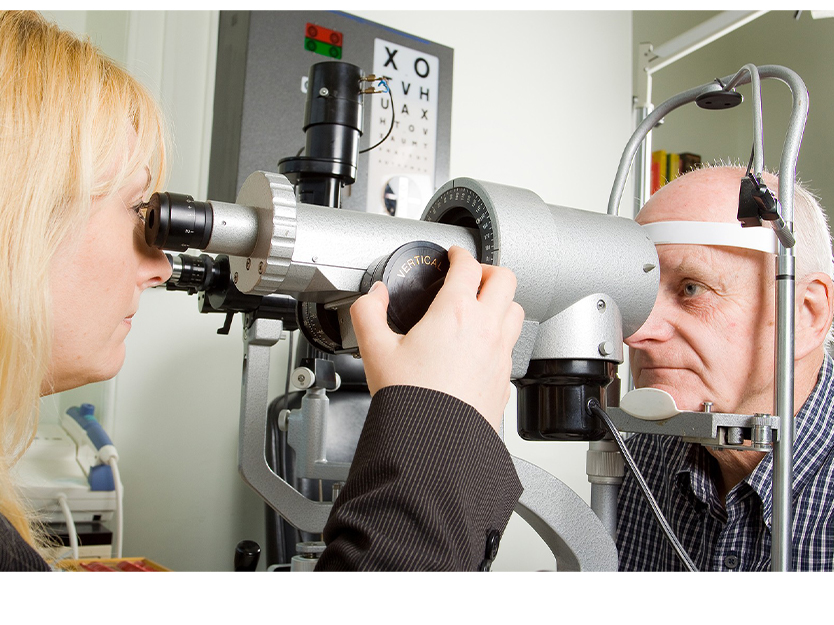Patient Education
CATARACT CONSULTATION - PATIENT PROCESS FLOW
If you are over the age of 50 and your vision has been changing, it is a good time to schedule an appointment with an ophthalmologist to get your eyes checked for cataract. You can come prepared for your cataract consultation by making a list of all the symptoms you are experiencing and a list of all the medications you are currently taking. Your initial consultation will take approximately 2 hours if you do not require cross-consultation and up to 4 hours if you require cross-consultation. During your cataract consultation, our doctors will determine the best course of action for your vision needs, go over the risks and benefits of cataract surgery, and help you choose the cataract procedure and lens that is suitable for your lifestyle, visual needs, and budget. We suggest you bring a family member or friend with you to help you with your decision making.
- You will then meet a general physician who will evaluate you for systemic illnesses such as diabetes, high blood pressure, thyroid, autoimmune diseases, or other underlying health problems that can affect the outcome of your cataract surgery.
- You will also meet a retina specialist who will dilate your eyes to examine your retina thoroughly to rule out any complications.
- If you are approved for surgery, you will then meet the counselors who will extensively explain the entire cataract treatment options and cataract surgery procedure. They will also help you determine the type and power of the cataract intraocular lens (artificial lens) you need for good visual outcome post-cataract surgery. This will be based on your age, the severity of cataract vision loss, your budget, daily activities, and the type of vision (near or distance focus) you require to complete those activities. If you have pre-existing conditions such as astigmatism, glaucoma, macular degeneration, or corneal disease which affects your vision, the counselors may suggest a specific type of replacement lens that could treat both the cataract and your pre-existing condition.
- Finally, the counselors will schedule the date for your cataract surgery. They will also advise you on the pre-operative cataract medications to be taken.
- If you have health insurance for cataract surgery you can go to the hospital insurance helpdesk and fill out the necessary insurance preauthorization forms. After this, you can visit the pharmacy to purchase the prescribed pre-operative medications before going home.
- If you do not have health insurance for cataract surgery you can visit the pharmacy and purchase the prescribed pre-operative medications before going home
